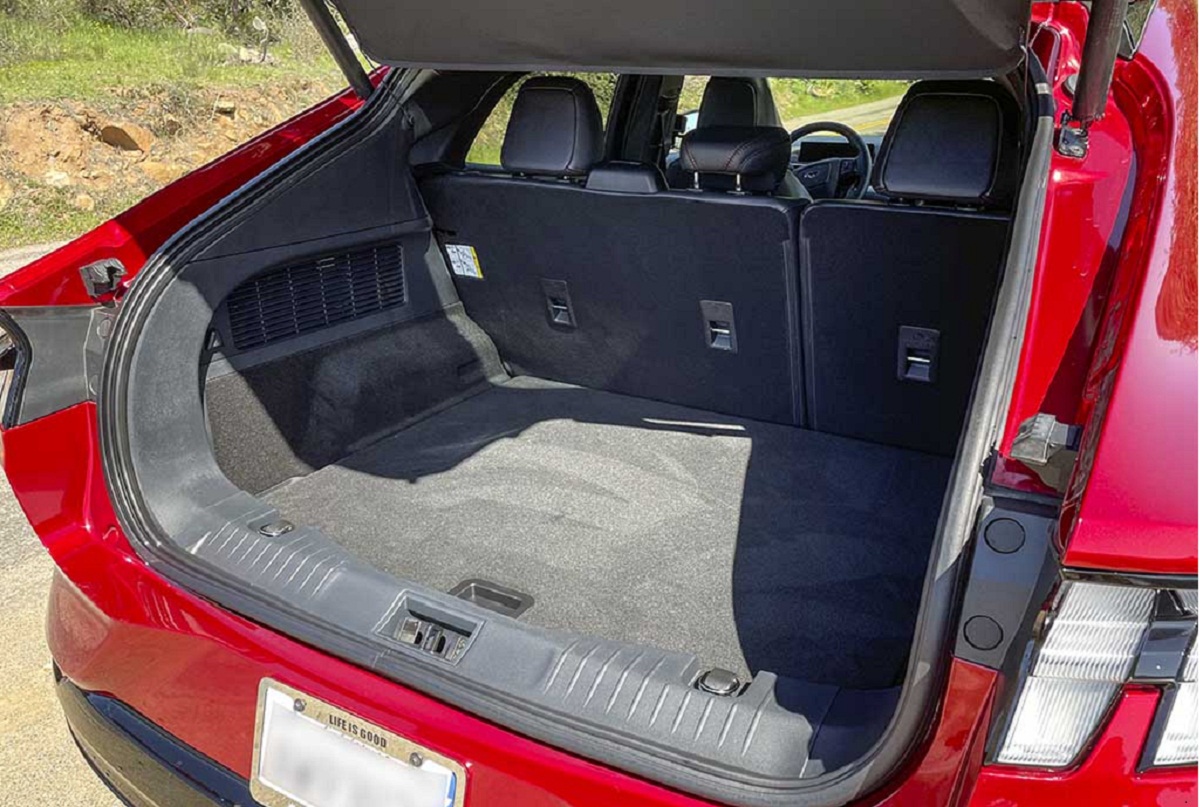

Articles
What Size Storage Unit For Car
Modified: January 6, 2024
Find the perfect storage unit for your car with these helpful storage ideas. Keep your vehicle safe and secure with the right size unit.
(Many of the links in this article redirect to a specific reviewed product. Your purchase of these products through affiliate links helps to generate commission for Storables.com, at no extra cost. Learn more)
Introduction
When it comes to storing your car, choosing the right size storage unit is crucial to ensure that your vehicle is protected and that you have enough space for other items you might want to store alongside it. Whether you are storing a compact car, a sedan, or even an SUV, there are several factors to consider when determining the appropriate size storage unit for your vehicle.
In this article, we will discuss the essential factors to consider when selecting a storage unit for your car, as well as provide recommendations on the sizes that are typically suitable for different types of vehicles. By the end of this guide, you will be equipped with the knowledge to make an informed decision on the ideal storage solution for your car.
Key Takeaways:
- Choose a storage unit size based on your car’s dimensions, additional storage needs, and accessibility requirements to ensure a secure and convenient storage solution.
- Accurate measurements of your car’s length, width, and height are crucial for selecting the right-sized storage unit, providing adequate clearance and space for your vehicle.
Read more: What Size AC For 1200 Sq Ft
Factors to Consider
Before diving into the specific storage unit sizes for cars, it’s important to take into account several factors that may influence your decision:
- The dimensions of your vehicle: Measure the length, width, and height of your car to have accurate measurements for selecting a storage unit.
- Additional storage needs: Consider if you have any other items you want to store alongside your car, such as tools, spare parts, or personal belongings.
- Accessibility: Determine if you need easy access to your car or if it can be safely stored in a less accessible area.
- Climate control: Depending on your location and the climate, you might need a storage unit with climate control features to protect your car from extreme temperatures, humidity, or other weather conditions.
- Security: Look for storage facilities with robust security measures such as surveillance cameras, gated access, and on-site staff to safeguard your valuable vehicle.
Measuring Your Car
Before exploring the different storage unit sizes, take the time to accurately measure your car’s length, width, and height. Follow these steps to ensure accurate measurements:
- Park your car on a level surface in an open area.
- Measure the length of your car from the front bumper to the rear bumper.
- Measure the width of your car by taking the distance between the widest point on the left and right side, usually the side mirrors.
- Measure the height of your car from the ground to the highest point.
By having precise measurements, you can confidently select a storage unit that will accommodate your car comfortably.
Key Takeaways:
- Choose a storage unit size based on your car’s dimensions, additional storage needs, and accessibility requirements to ensure a secure and convenient storage solution.
- Accurate measurements of your car’s length, width, and height are crucial for selecting the right-sized storage unit, providing adequate clearance and space for your vehicle.
Read more: What Size AC For 1200 Sq Ft
Factors to Consider
When choosing the size of a storage unit for your car, there are several important factors to consider. These factors will help you determine the appropriate size that will not only fit your car, but also cater to any additional storage needs you may have. Let’s explore these factors in detail:
- The dimensions of your vehicle: The size of your car, including its length, width, and height, is a primary consideration when selecting a storage unit. Measure your car accurately to ensure you choose a unit that provides enough clearance and space for your vehicle.
- Additional storage needs: Consider if you have any additional items you want to store alongside your car. This could include tools, spare parts, or personal belongings. If you have extra items, make sure to account for them when determining the size of the storage unit.
- Accessibility: Assess how frequently you may need to access your car while it’s in storage. If you anticipate needing regular access, you may want to choose a unit that offers convenient accessibility options, such as drive-up units or units located near the facility entrance.
- Climate control: Depending on the location and climate, you may need a storage unit with climate control features. Climate-controlled units help regulate temperature and humidity levels, providing added protection against extreme weather conditions that could potentially damage your car.
- Security: Look for a storage facility that offers robust security measures to keep your car safe. This can include features such as surveillance cameras, gated access, and on-site staff. Knowing that your vehicle is protected will give you peace of mind while it’s in storage.
Considering these factors will enable you to make an informed decision when selecting the size of a storage unit for your car. It’s essential to choose a unit that not only fits your vehicle but also accommodates any additional storage needs you may have. By taking these factors into account, you can ensure that your car is stored securely and conveniently until you’re ready to retrieve it.
Measuring Your Car
Accurate measurements of your car are crucial when selecting the appropriate size storage unit. By measuring your car’s length, width, and height, you can ensure that the unit you choose will accommodate your vehicle comfortably. Follow these steps to accurately measure your car:
- Park your car on a level surface: Find an open area with a level surface and park your car in a position that allows you enough space to take measurements.
- Measure the length: Use a measuring tape or ruler to determine the distance from the front bumper to the rear bumper of your car. Take the measurement in a straight line.
- Measure the width: Measure the width of your car by taking the distance between the widest points on the left and right side, typically the side mirrors. Make sure to measure at the widest part of the car to ensure accuracy.
- Measure the height: Determine the height of your car by measuring from the ground to the highest point on the vehicle. This could be the roof, the highest part of an antenna, or any other protruding feature.
It’s important to note that when measuring your car, take into account any accessories or modifications that may affect its dimensions. This could include roof racks, spoilers, or larger tires.
Once you have obtained the precise measurements of your car, you can confidently select a storage unit that provides enough clearance and space for your vehicle. Keep these measurements handy when considering different storage unit options.
Remember, it’s always better to err on the side of caution and choose a slightly larger storage unit if you are uncertain about the exact measurements. This will ensure that your car has enough space and maneuverability within the unit.
By taking the time to measure your car accurately, you can make an informed decision when selecting the size of a storage unit. Having the right-sized unit will not only protect your car but also provide peace of mind while it’s in storage.
Read more: What Does The AC Button Do In A Car
Types of Car Storage Units
When it comes to storing your car, there are various types of storage units available to cater to different needs and preferences. Understanding the different types of car storage units can help you determine which option is best suited for your specific requirements. Below are some common types of car storage units:
- Indoor storage units: Indoor storage units provide maximum protection against the elements. These units are typically located within a building and offer a controlled environment that helps shield your car from extreme temperatures, humidity, and direct sunlight. Indoor units also provide an added layer of security as they are not accessible to the public.
- Outdoor parking spaces: Outdoor parking spaces are open-air areas designated for vehicle storage. They are generally more affordable than indoor units and offer easy access to your car. While outdoor spaces don’t provide the same level of protection as indoor units, they are a suitable option for short-term storage or if you live in an area with mild climate conditions.
- Covered carports: Covered carports are semi-enclosed structures that provide protection from the elements while still offering ventilation. These carports typically have a roof and open sides, allowing for airflow and reducing the risk of moisture buildup. Covered carports are a good compromise between outdoor and indoor storage options.
- Drive-up storage units: Drive-up storage units provide the convenience of easy access. These units have a roll-up or swing door that allows you to drive your car directly into the unit, making it convenient for loading and unloading. Drive-up units are commonly found in outdoor storage facilities, but there are also indoor options available.
- Climate-controlled storage units: Climate-controlled storage units are equipped with heating, ventilation, and air conditioning systems to maintain a stable temperature and humidity level. These units are ideal if you live in an area with extreme weather conditions or if you want to store a valuable or classic car that requires extra care.
Consider your budget, the level of protection you desire for your car, and any specific climate or accessibility requirements when choosing the type of storage unit. Each option has its benefits and limitations, so weigh your preferences and needs accordingly.
It’s important to inquire about the available storage options at your chosen facility and discuss the advantages and disadvantages of each type. This will help you make an informed decision and ensure that your car is stored in the most suitable unit for your circumstances.
Recommended Storage Unit Sizes
When selecting a storage unit for your car, it’s essential to choose a size that provides enough space for your vehicle while allowing for any additional storage needs you may have. The recommended storage unit sizes for cars can vary depending on the type and dimensions of your vehicle. Here are some general guidelines:
- 5 ft x 10 ft: This size is suitable for compact cars and small sedans. It offers enough space for the car and some additional items such as tools or small boxes.
- 10 ft x 20 ft: This size can accommodate larger sedans, SUVs, or trucks. It provides ample space for the vehicle and additional storage. This size is also suitable for those who want to store multiple smaller vehicles.
- 10 ft x 30 ft: If you have a larger SUV or truck, or if you need extra space for multiple vehicles, this size is recommended. It offers plenty of room for the vehicles and additional belongings.
Keep in mind that these are general recommendations, and the specific size you need may vary depending on your car’s dimensions and any additional items you plan to store alongside it. It’s always a good idea to measure your car accurately and consult with the storage facility staff to determine the most suitable size for your specific requirements.
Furthermore, if you have a classic or vintage car that requires special care, you may want to consider a larger storage unit size to allow for more space between vehicles and minimize the risk of accidental damage.
In addition to the size, consider other factors such as accessibility, climate control, and security features when selecting a storage unit. These factors can contribute to the overall convenience and safety of storing your car.
Remember that it’s better to opt for a slightly larger unit if you have any doubts about the exact measurements or if you anticipate needing additional storage space in the future. It’s always more beneficial to have extra room than to struggle with a cramped storage unit.
By selecting the appropriate storage unit size, you can ensure that your car is stored safely and comfortably, giving you peace of mind while it’s not in use.
Conclusion
Choosing the right size storage unit for your car is crucial to ensure that your vehicle remains protected and that you have sufficient space for any additional storage needs. By considering factors such as the dimensions of your car, accessibility requirements, climate control, and security, you can make an informed decision when selecting a storage unit.
Accurate measurements of your car’s length, width, and height are essential for choosing the appropriate size. Measuring your car correctly will help you find a storage unit that provides adequate clearance and space.
Additionally, understanding the different types of car storage units available, such as indoor units, outdoor parking spaces, covered carports, drive-up units, and climate-controlled units, will help you choose the option that best suits your needs and budget.
Recommended storage unit sizes for cars can vary depending on the type of vehicle, with options ranging from 5 ft x 10 ft for compact cars to 10 ft x 30 ft for larger SUVs or trucks. It’s important to consider your specific vehicle dimensions and any additional storage requirements when selecting a size.
Lastly, take into account other essential factors like accessibility, climate control, and security features offered by the storage facility. Ensuring that your car is stored in a convenient, controlled, and secure environment will provide you with peace of mind.
In conclusion, by considering these factors and making informed decisions, you can find the ideal storage unit size for your car. Whether you need short-term storage during a move or long-term storage for a vehicle not in regular use, choosing the right size storage unit will help protect your car and provide a convenient solution until you’re ready to retrieve it.
Frequently Asked Questions about What Size Storage Unit For Car
Was this page helpful?
At Storables.com, we guarantee accurate and reliable information. Our content, validated by Expert Board Contributors, is crafted following stringent Editorial Policies. We're committed to providing you with well-researched, expert-backed insights for all your informational needs.

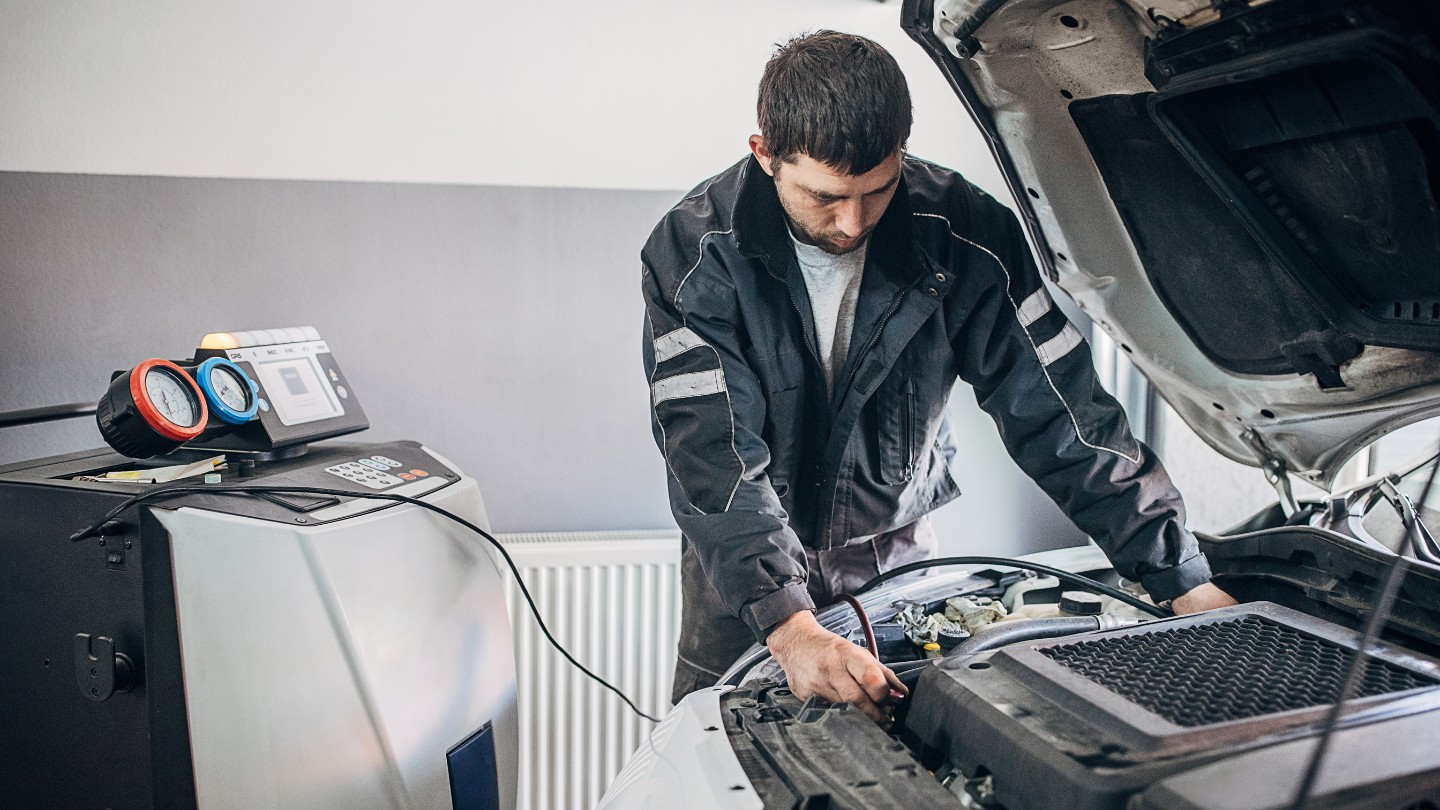
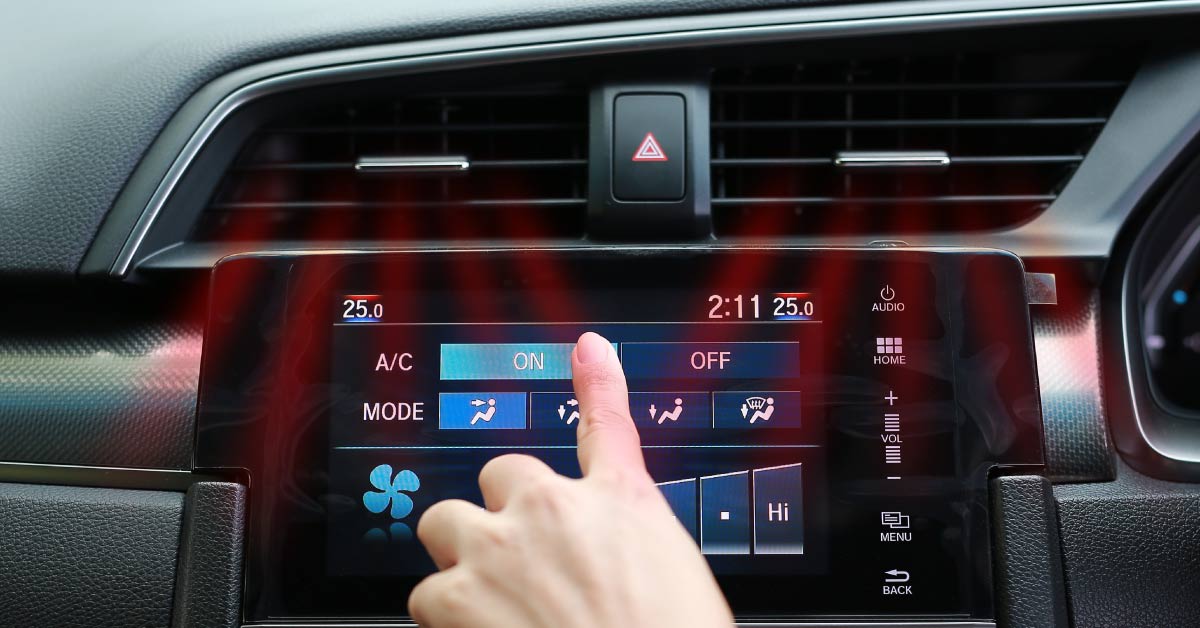
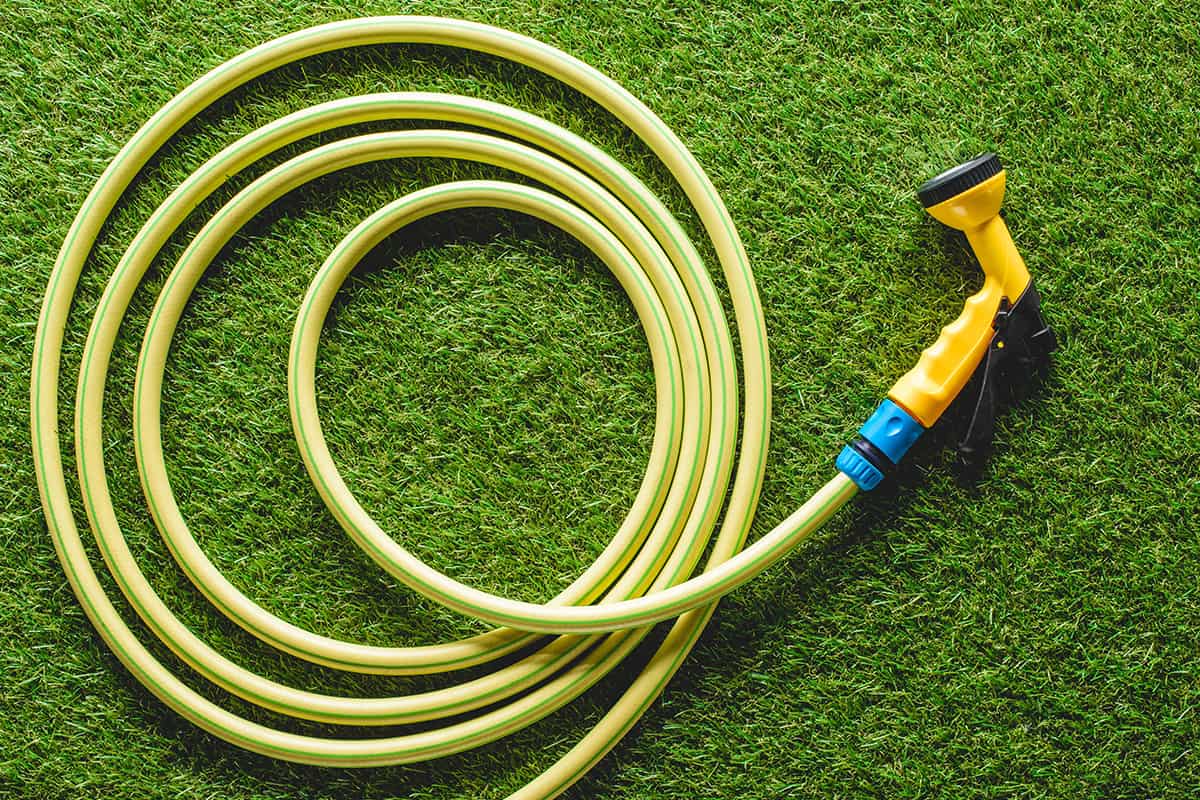

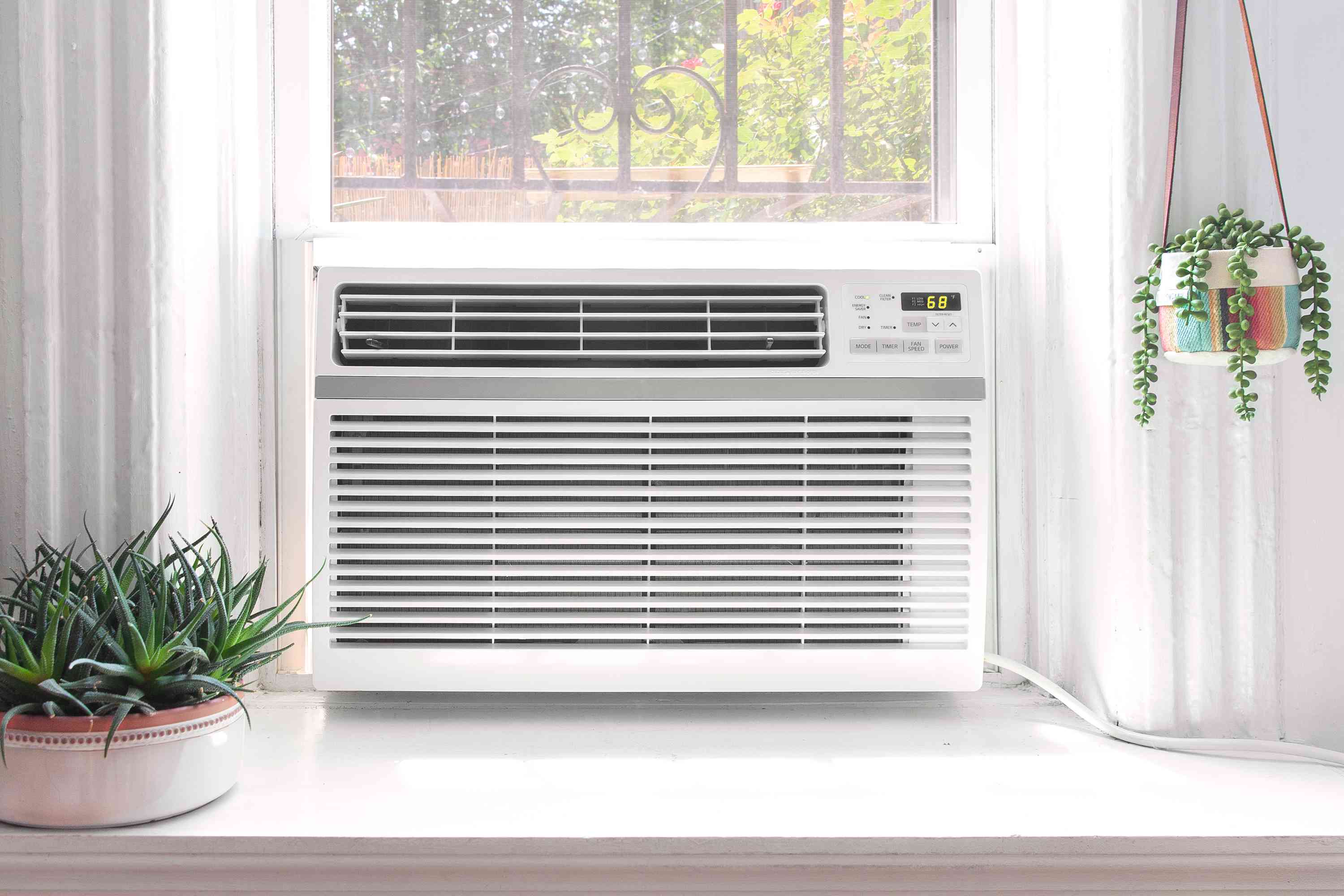
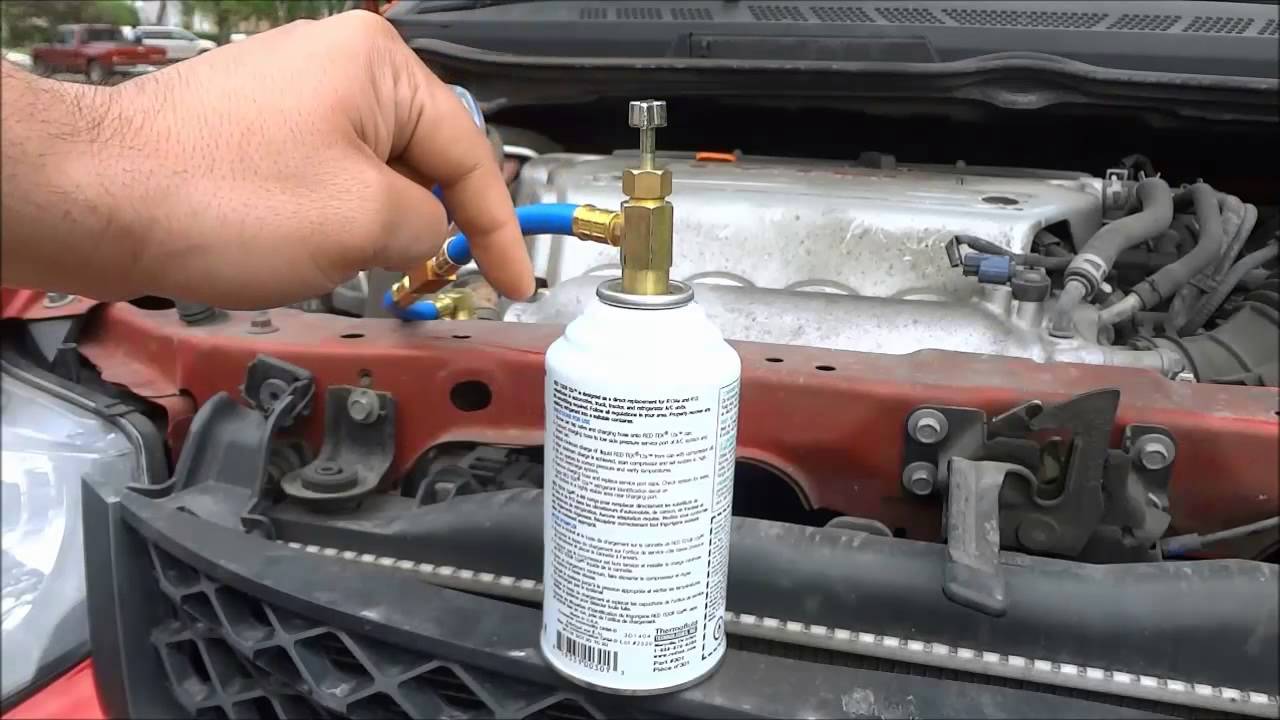
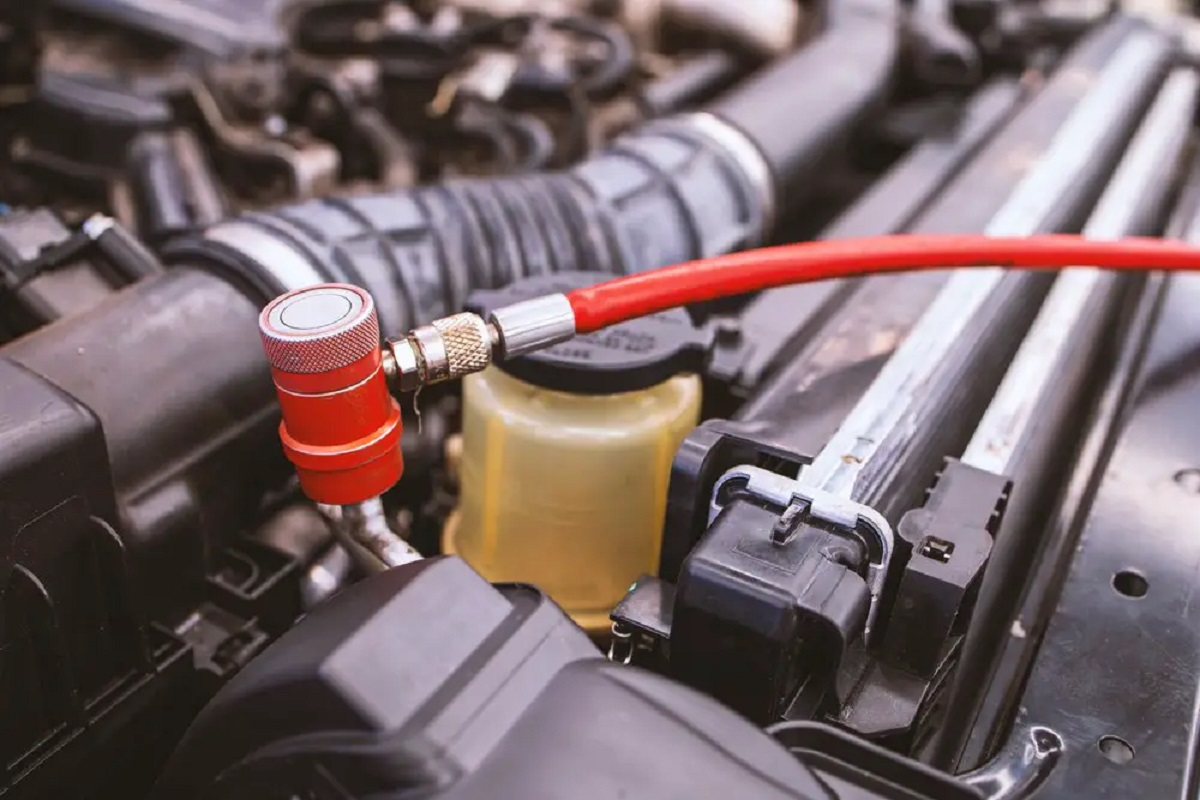
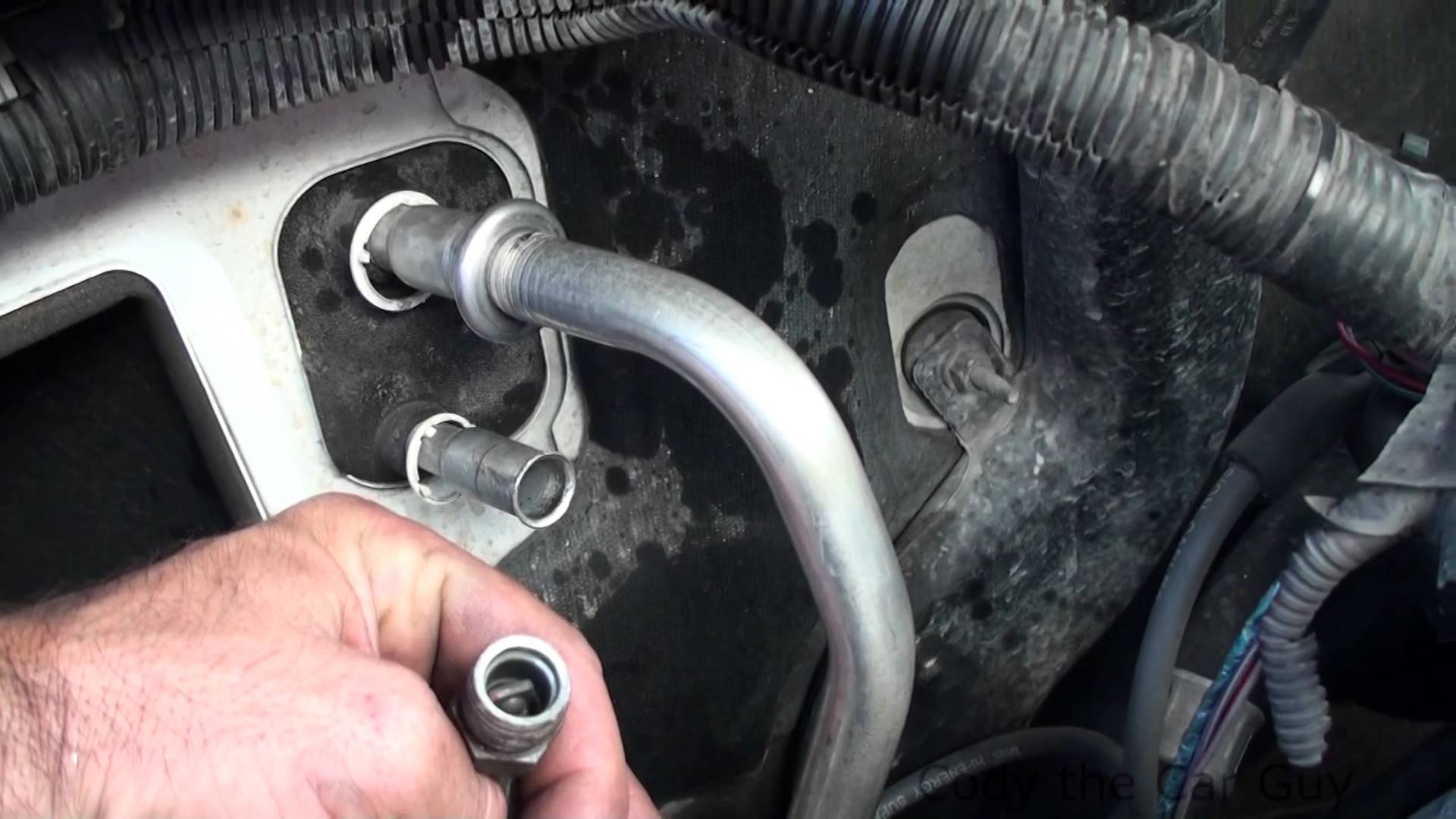

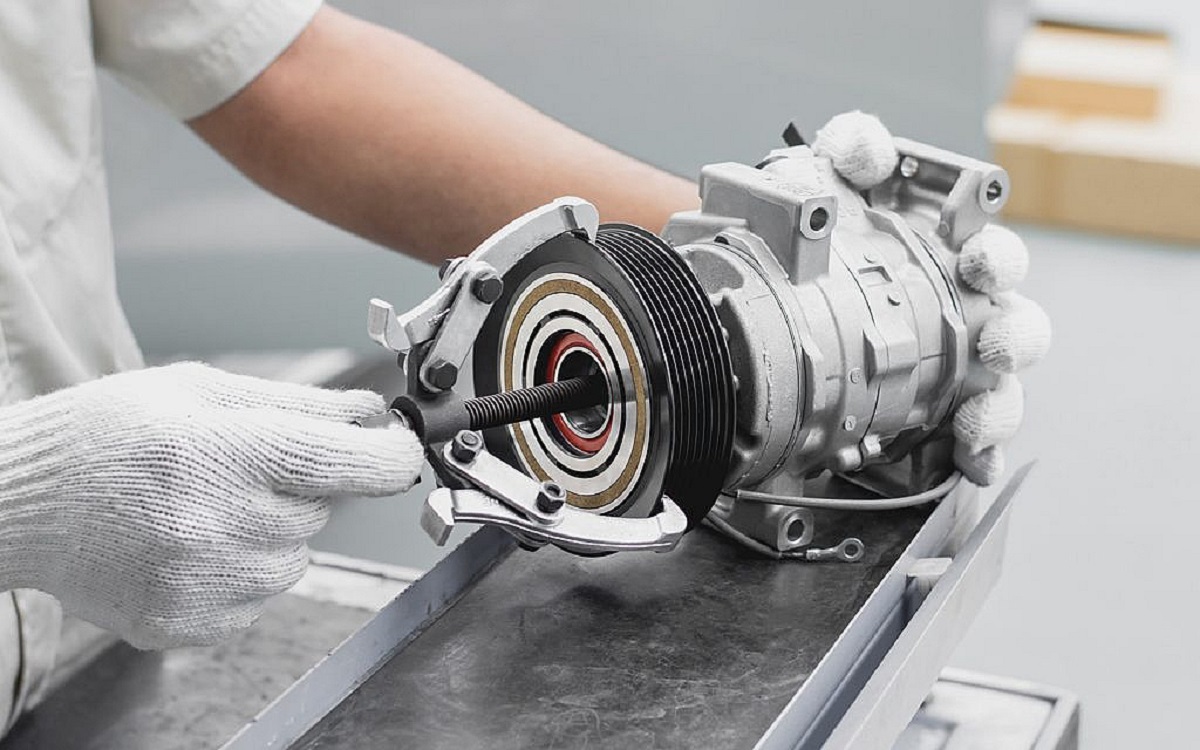
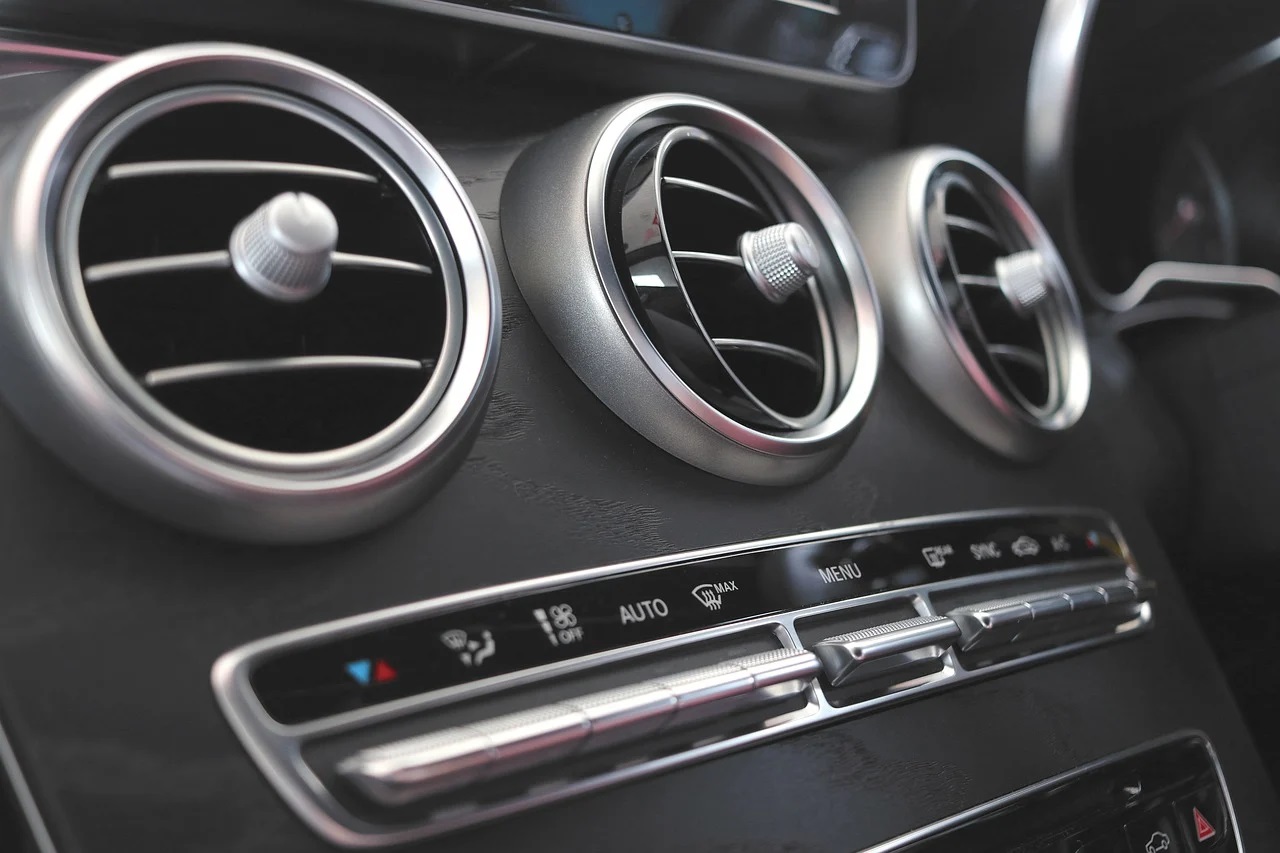
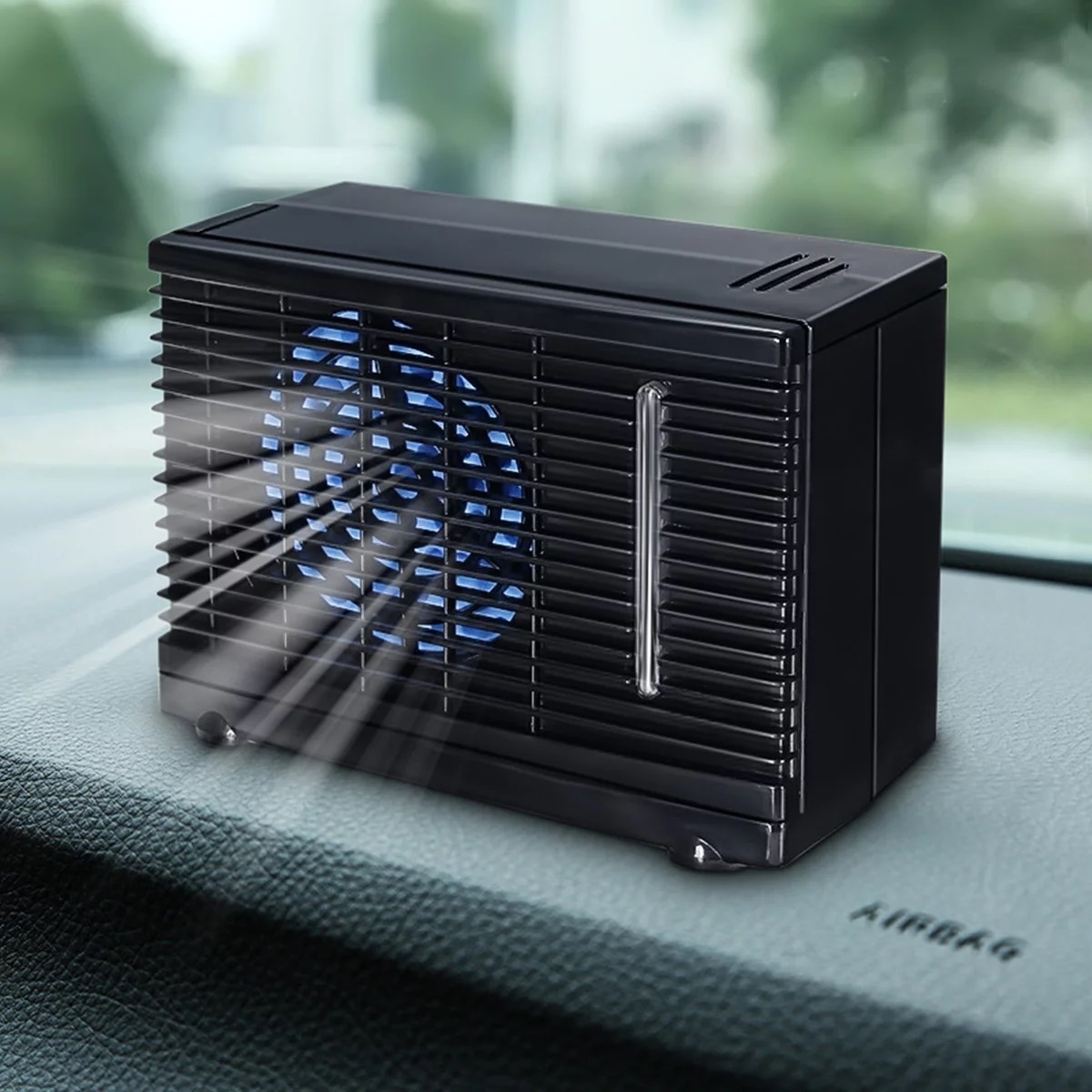


0 thoughts on “What Size Storage Unit For Car”